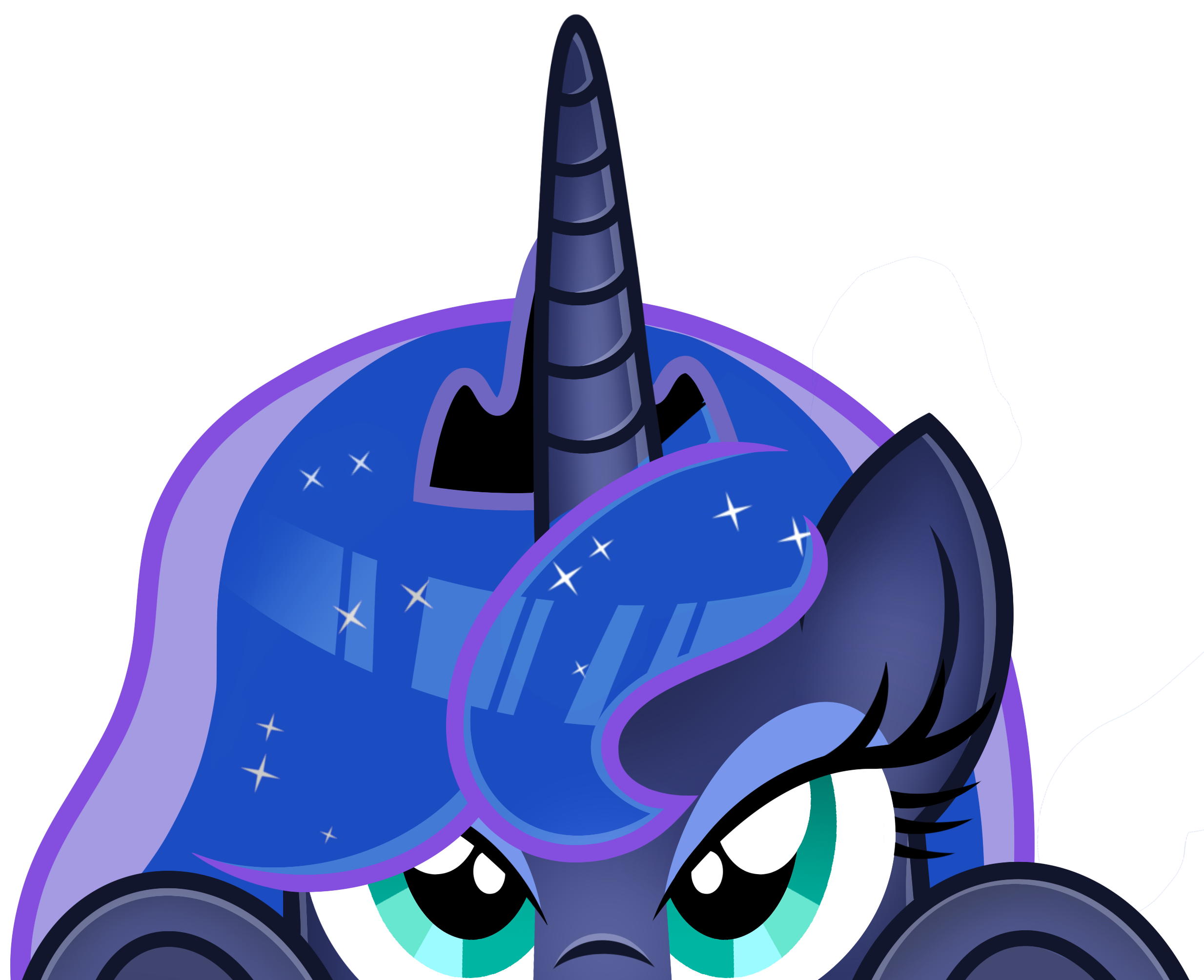Luna?
That’s just Moon in Latin.
True, but it’s also the name of the Roman godess, which does make it allign better with all the other astronomical names.
To be fair, we didn’t know there were more until Galileo showed up late to the party with his telescope.
And technically the Moon is the only Moon. The “correct” term for what’s colloquially called “moon” is “natural satellite”.
A
moonletmoonette is a natural satellite of a moon without being a moon itself. A planet is also a natural satellite of a star. The use of the word “moon” as a common term for natural satellites of planets is well established in professional terminology.What, no.
A moon is a natural satellite. Our moon, Europa, Titan etc. A moonlet is a very small natural satellite. Earhart in Saturn’s orbit for example. A moon of a moon is a moonmoon or subsatellite.
Fair, I messed up the names there. Moonette is the synonym of that that I was thinking of.
But a satellite (natural or artificial) is any object that orbits around a celestial body. The Earth is a satellite just as the Moon is one. Subsatellite is just the satellite of a satellite, but that depends on context. Moons fit that definition, but aren’t usually considered subsatellites because we don’t usually think of planets as the satellites of the Sun that they are.
That’s boring, dry, and overly nonspecific. I refuse to accept it, be more creative.
So? Nova Scotia is just New Scotland in Latin. That’s still the name.
Edit: unless you’re French, then it’s Nouvelle-Écosse
Yes. Also used in other languages like russian.
Also in Spanish
I don’t know what the scientific community’s thoughts on it are, but I like the idea of “moon” being the generic term while Luna is the name of our moon.
Saying “the moon” still works because we only have one.
deleted by creator

If you haven’t read The Last Human by Zack Jordan, I highly recommend it. In between chapters, the reader is treated to excerpts from an Asmovian encyclopedia that explains the rules of the intergalactic society that the sole remaining human, the main character, has to navigate.
As part of joining the trillion-species-strong network, a species must fill out a form to dictate the nouns and adjectives for your species, home star, homeworld, sexual divisions (where applicable), and so on. It’s noted in the book that since there are so many species already assigned values in the database, the encyclopedia warns that names like Earth, dirt, mud, moon, star, sol, and home are already taken, and are constantly rejected in proposals.
Also
scientists naming our planet
To be fair, “moon” is pretty cool, it’s just that every other moon now inherits an eponym from OG Moon
I voted for Mooney McMoonface







